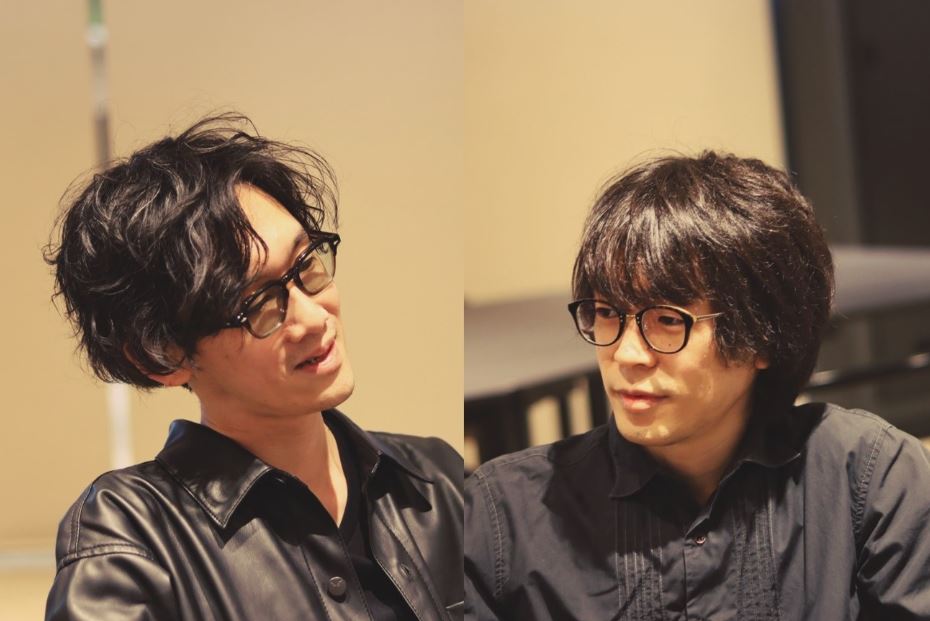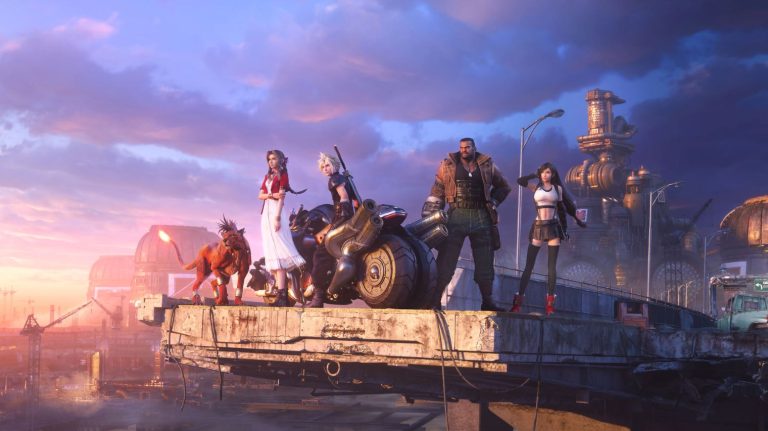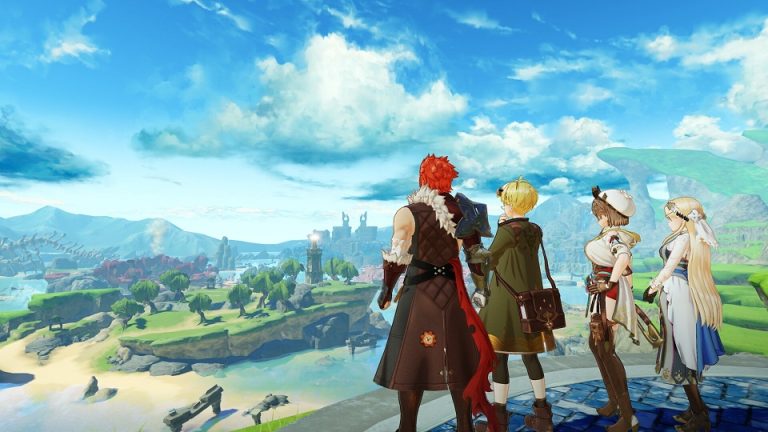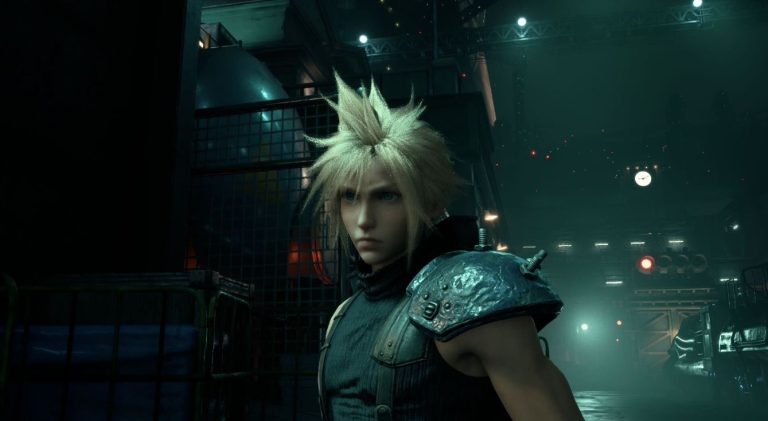Like a Dragon: Infinite Wealth, the latest entry to Sega’s Like a Dragon series, sold over one million units worldwide within a week of its release, breaking the franchise’s past records. But the grander the scale of a title, the easier it is for the individual efforts behind it to go unnoticed. That’s why we collaborated with SEGA to interview members of each section of RGG Studio and find out all there is to know about their meticulous work on the Like a Dragon franchise.
In this edition, we speak to Like a Dragon: Infinite Wealth’s director Ryosuke Horii and lead planner/game design supervisor Hirotaka Chiba. This is Part One of a two-part interview, which focuses on the role of RGG Studio’s planning team in conceiving the series’ engaging activities and substories brimming with originality.
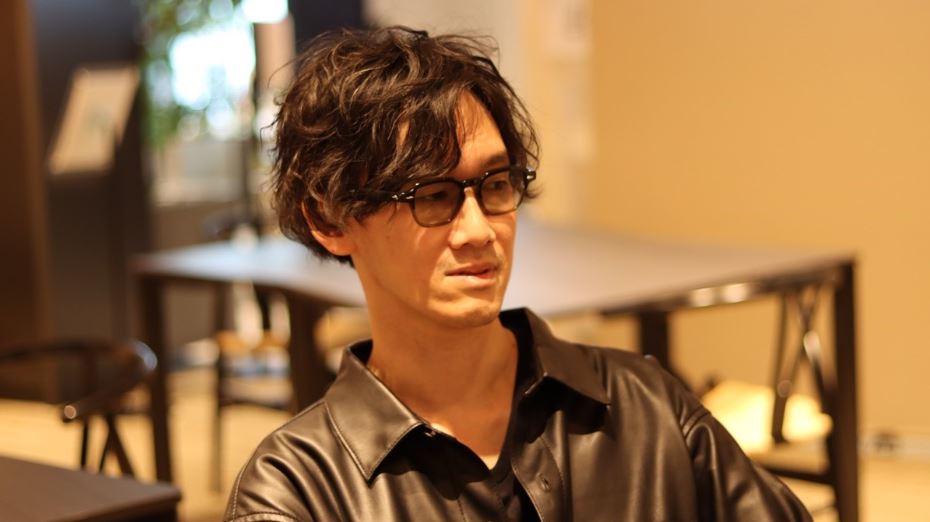
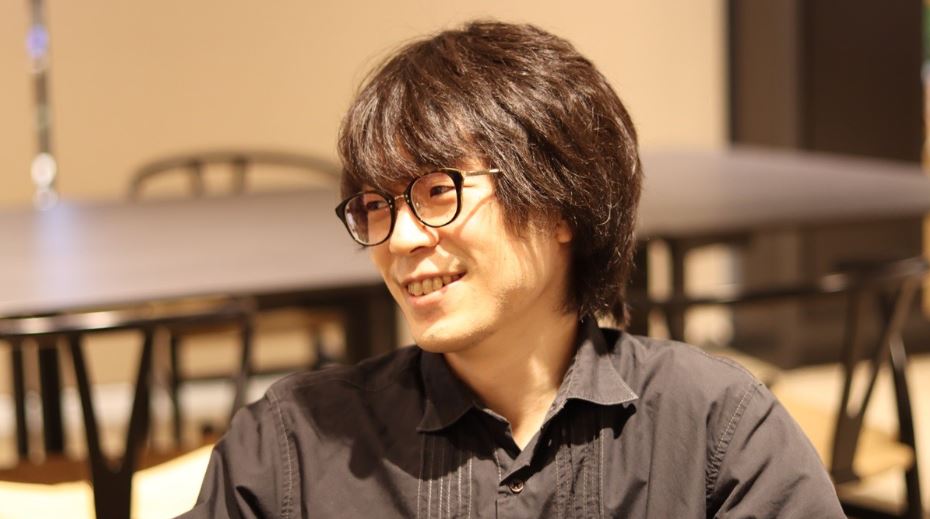
Meet the two leading members of the Like a Dragon planning team
──To start things off, please introduce yourselves.
Ryosuke Horii (hereafter Horii):
My name is Ryosuke Horii, and I am the chief director of the Like a Dragon series. I have been a planner on the series for a long time, and I directed Yakuza: Like a Dragon, Like a Dragon Gaiden: The Man Who Erased His Name and Like a Dragon: Infinite Wealth. I will also be the chief director and producer for our latest title.
Hirotaka Chiba (hereafter Chiba):
I’m Hirotaka Chiba, and I am the lead planner. I have also been a planner on the Like a Dragon series for a long time, and for Like a Dragon: Infinite Wealth, I oversaw the overall quality and balance of the game as lead planner. In addition, I was in charge of the scenarios for side content such as substories and Party Chats.
──How did you come to be selected for the role of director? (to Horii)
Horii:
I have been working on the Like a Dragon series ever since I joined the company. I gradually left my mark by writing substories, creating minigames and balancing battles, thus building up trust within the team. As a result, after Yakuza 5, I was entrusted with the position of main planner, and finally gained the position of director for Yakuza: Like a Dragon. I think my career has progressed in a rather orderly and healthy way.
Yakuza: Like a Dragon was a milestone title in the Like a Dragon series, bringing a major change in protagonist, so I think I was chosen as director partly because having someone new like me could help reflect this change.
──Viewing yourself objectively, what kind of creator/director do you think you are?
Horii:
Basically, what I am good at, and I say this knowing I may be misunderstood, is making games that are stupid (laughs). Perhaps I should say that I’m good at creating entertainment value. Since joining the Like a Dragon series’ development team, I have been creating and implementing from scratch funny and bizarre interactions within the substories, as well as unusual content such as hostess club management. I think I am good at creating content that is a bit outlandish but eye-catching – and ultimately accepted by the players.
──Of all the proposals you’ve planned and implemented so far, which do you think was the most eccentric?
Horii:
In Like a Dragon: Ishin!, there’s this thing called Sensual Healing…
Everyone:
(Laughs)
Horii:
The title featured a type of minigame called Courtesan Games, in which you do things like drink and play strip Janken (a strip version of Rock, Paper, Scissors) with a courtesan, but if you play it right, you end up in a situation where you have to do Sensual Healing on the drunk girl. Her clothes are disheveled, exposing some skin, and she’s even a little bit enticing from the alcohol. However, Sakamoto Ryoma, the main character of Like a Dragon: Ishin!, already has a woman he loves, so he cannot afford to let his desires get the better of him. Sensual Healing was the expression of such a state in the form of a game where you shoot the desires that approach you and attempt to maintain your reason… I think it was quite funny and out of the ordinary (laughs). I think this kind of entertaining, outlandish, and comical content is my specialty, not to mention my proudest invention- the Karaoke minigame. As a director, I consider myself an all-out, enthusiastic type of person. If something looks interesting, I’ll do anything to put it in the game (laughs).
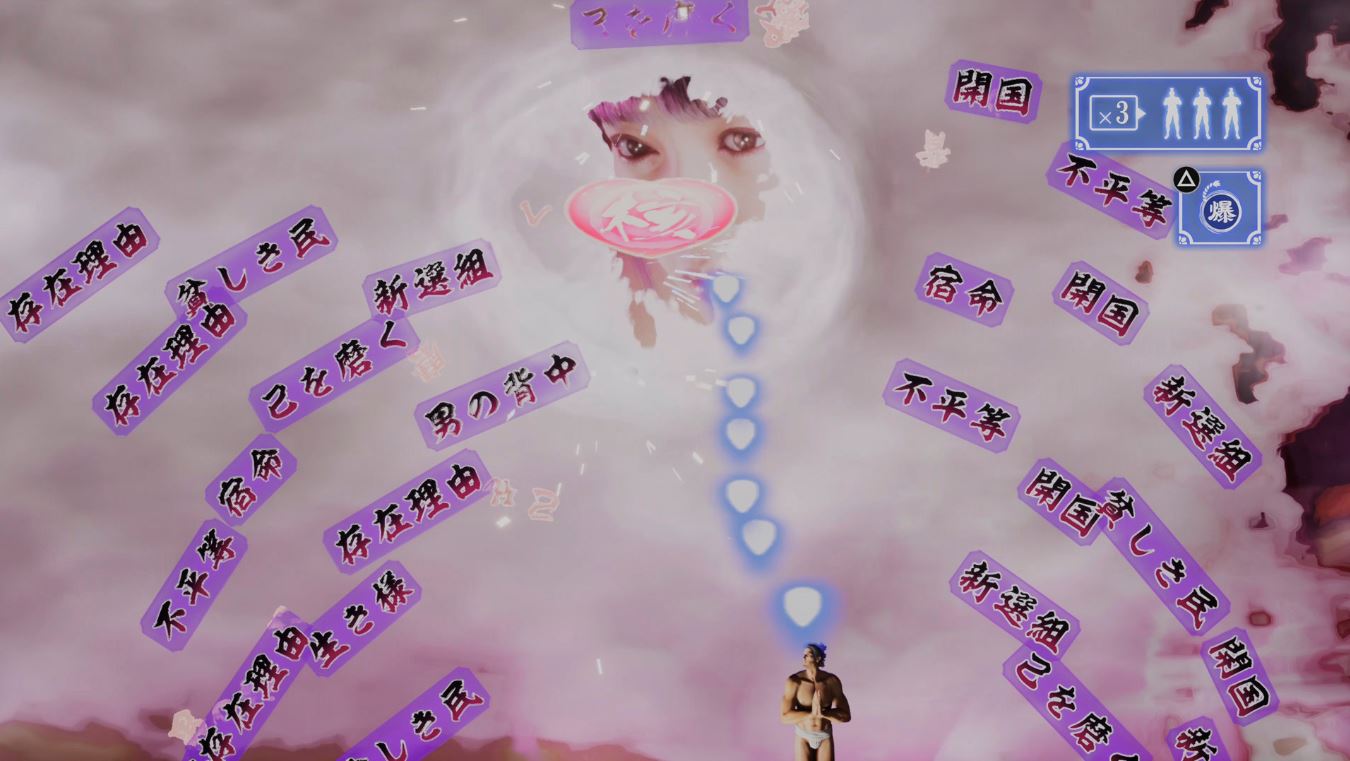
Chiba:
Horii is very good at coming up with reasons to implement a proposal after he’s already suggested it. He first forms a picture of what he wants to do in his mind, and only afterwards does he add the logic behind it. Everyone else just kind of goes along with it…
Horii:
I coax them cleverly (laughs).
Chiba:
He is extremely good at getting the whole team on board and making them interested.
──You seem like a spur-of-the-moment kind of person at first, but you’re actually the logical type?
Horii:
I come up with something on the spur of the moment, but then prop it up with logic and make it sound like we desperately need something like Sicko Snap…
Everyone:
(laughs)
──What kind of creator do you consider yourself to be? (to Chiba)
Chiba:
Ever since I joined the company, I have been working under Horii, focusing on the adventure elements of games, such as town building and substory composition. In this process, I am always thinking about scenario creation, and how to ensure that the content I oversee blends smoothly into the game and elevate the playing experience.
The Party Chat feature introduced in Yakuza: Like a Dragon for chatting with friends is an extension of this sentiment. The deeper the understanding you have of the characters and the richer the density of the town – the more appealing the game becomes. There are the kinds of things I always strive to enhance, and I think that is where my strengths lie.
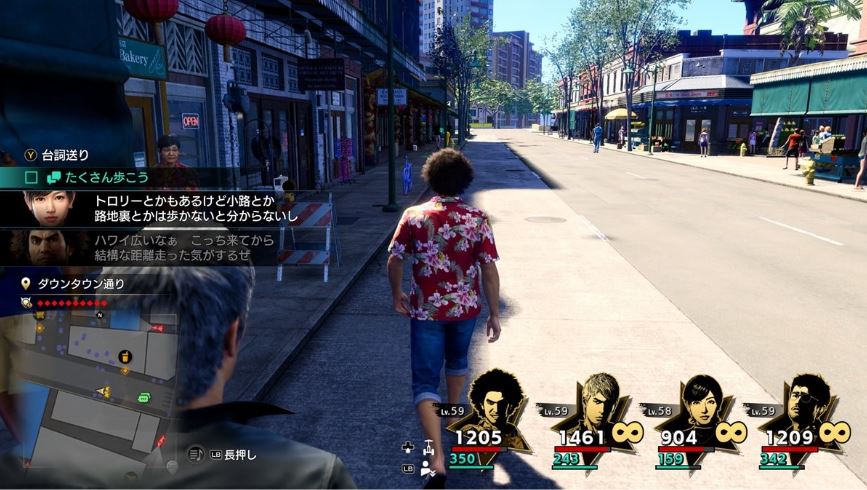
It all comes down to decision-making skills
──Yokoyama and Sakamoto (the upper management members of RGG Studio) have often said in interviews that the planners on the RGG team are special. Do you think that about yourselves?
Horii:
I don’t know if we are special, but I am proud to say that we are different from others. I think our team is highly conscious of the fact we are where the development of a game originates and that we must hold the answers. That’s why we do as much as we can ourselves – from the scenario, which is the heart of the work, to directing both the dialogue and motion capture recordings. We do not outsource or delegate decisions to others.
Therefore, (RGG Studio’s) planners are involved in a wide range of activities. Typically, planning teams tend to do strictly planning-related tasks, such as creating specifications and making balancing adjustments. However, at RGG Studio, we are more hands-on – if we feel that something would be of a better quality if we did it ourselves, we are willing to do it.
Chiba:
Each planner has a certain range of content that they oversee, and they are a bit like a director of that piece of content. It is a given that they know every detail about it and are ready to answer any questions that may arise.
Horii:
Basically, the job of the planner is not only to carry out their own tasks, but to take a proactive role in making the finished game entertaining and making sure their part is executed well. For example, if a designer and a programmer are quarreling, it is the planner’s job to intercede. After all, if there are no arguments nor discussions, you can expect no more than a “lukewarm” final product. Therefore, “fights” are always welcome. But obviously, fighting is meaningless if it doesn’t result in a fruitful conclusion, so it is up to the planner to lead everyone in the right direction. It’s all about having healthy and productive “fights.”
Our team’s activities always require these kinds of leadership skills, even if you aren’t a part of management. That’s why we put a lot of effort into educating our team members on how to be a leader. Also, as I mentioned earlier, we sometimes talk directly with voice actors during recording, so the planners also need to be educated in social skills such as TPO (proper time, place, and occasion).
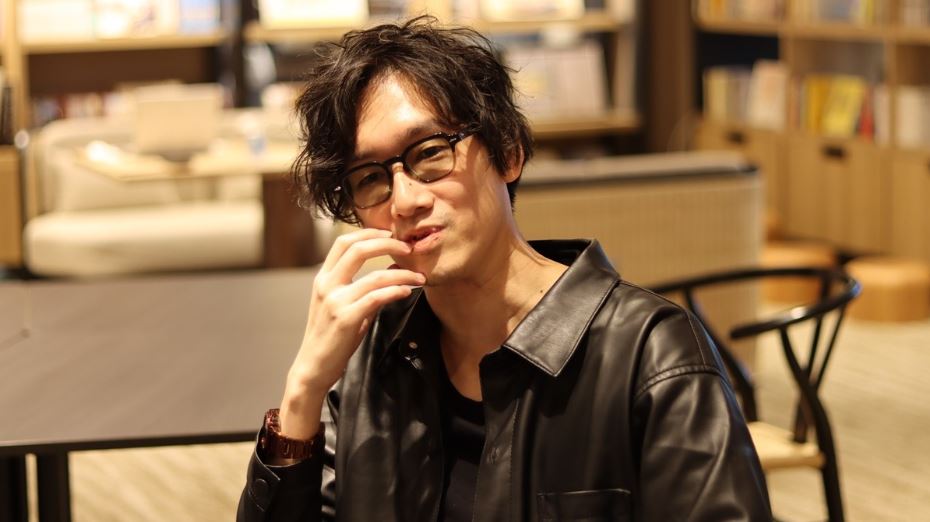
──The Like a Dragon series is characterized by the speed and quantity of new releases. I have the impression that planners play an important role in maintaining this fast-paced cycle. What efforts go into keeping things moving so fast?
Horii:
We are able to keep things moving quickly because of our swift decision making – a skill the Like a Dragon team excels at. We don’t waste time putting things off – we make decisions about everything we are able to at the given moment. On the other hand, if we are unable to make a decision about something, we swiftly “decide to decide later.” We’re always conscious of keeping tasks moving forward by clearly stating what’s a “go” and what’s a “no-go.”
Once we decide to try out something, we immediately start working with the programmers and designers, and if the results are good, we proceed as is. If not, we analyze why it didn’t work, and immediately come up with a new plan and change gears. Such decisions are made quickly, and, of course, there are failures, but I think it is important to keep everyone in a state where they are moving forward.
──So, the trick is to be aware of the factors you’re not able to decide on at an early stage?
Horii:
Yes, when I come across something we can’t decide about in our current state, I don’t just leave it as a loose end, I make sure to have a clear reason for leaving it for later.
Chiba:
We try not to leave anything in a half-assed state. We make sure the status of each action on our list is clear and proceed with immediate decision-making. This is how RGG Studio makes games. If there’s been no progress on an action, it needs to be because we’ve intentionally put it on hold, not “just because.” We divide actions based on “this will be resumed once decided” and “this has been decided so we will keep moving forward.”
──I see how that would be difficult to do if you don’t possess the ability to verbalize the status of the tasks and decisions and explain them to other staff members.
Horii:
That’s right. The RGG team hates ambiguity, and I also personally hate it when things are “just because,” which is why I’m always working on making things precise.
You can’t just give out orders, and you can’t just follow orders
──I interviewed RGG Studio’s design team earlier (Related article), and they told me that they appreciate the fact that the planning team supplements their character specifications.
Horii:
Oh did they?! I wonder why they never tell us that!
Everyone:
(Laughs)
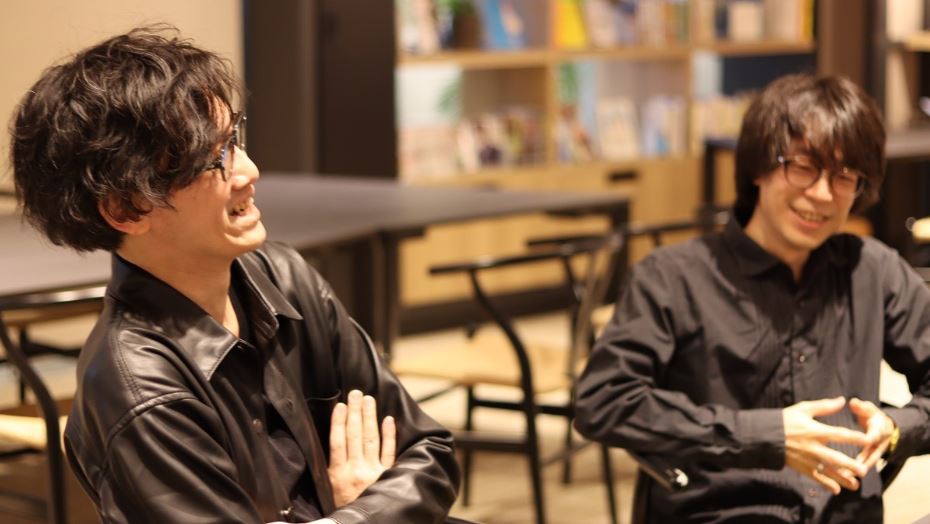
──They mentioned that this is possible because of the trust they have in the planning team. How do you collaborate with the design and programming teams in the development process?
Horii:
The planner’s job is to create specifications and push them through to completion, but if you asked me if the planner deciding everything independently would bring better results, that’s a big no. That’s why, even when creating specifications for minigames, we often go to the programming or design team for consultation during the process.
After all, programmers are often more knowledgeable than planners when it comes to game creation itself, and designers have a far greater sense of design than we do. That’s why our approach is to clearly decide upon and communicate what we want to achieve in the game and then trust them to make it happen. We respect each other’s ideas and styles, but we also bounce ideas off each other to make the final product the best it can be. Of course, when they stray from our envisioned path, we make sure to correct them and take control of the situation in a flexible manner.
Chiba:
The programmers often approach us saying “wouldn’t doing it this way be a lot more fun?” They also come up with ideas that we would never have thought of. As Horii said, we have the programmers adhere to a certain framework, but we work together to create all kinds of interesting additions.
In this sense, the development progresses in two directions, which also contributes to our fast pace.
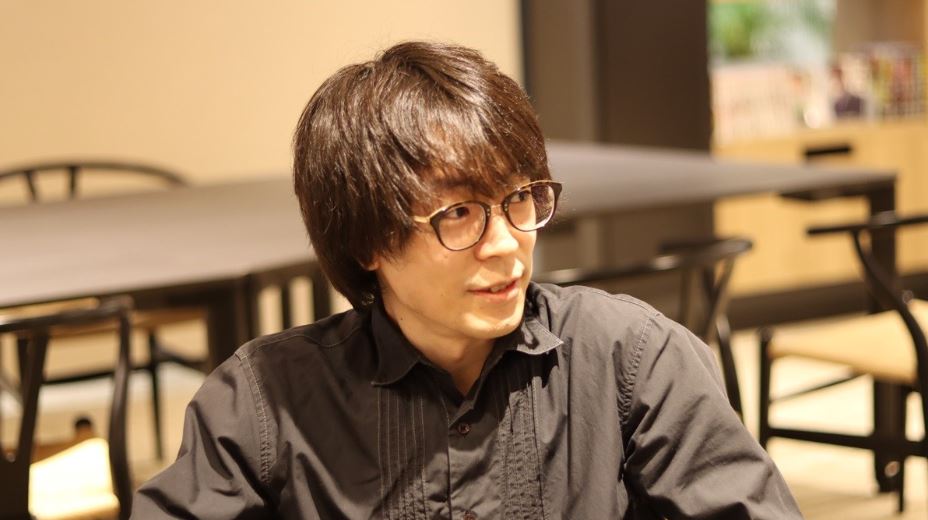
──So, both the design team and programming team are proactive in coming up with ideas to expand upon the plan.
Horii:
That’s right. We are a team that doesn’t tolerate the attitude of simply doing as you’re told or as the plan says. When asked why they did something a certain way, both programmers and designers are expected to bring their own originality and reasoning to the table, rather than just saying “I did so because I was told to.”
──Is there anything in the series that came out completely “different than what your ordered,” but you still decided to keep it?
Chiba:
One example is Pocket Circuit, a minigame in which the player competes in a toy car race. This was initially supposed to be a simulator-like game in which players put together parts to make a car and then simply watched the race happen. However, the programmers suggested implementing physics calculations that would lead to the cars flying off the track due to speed and other factors. These physics made the game unpredictable and all the more entertaining.
They also tried to make a mode where the player can freely design their own course – and they just did this for fun at first, but then it actually turned out good, so we decided to include it in the game, and so on. Pocket Circuit became what it is largely thanks to the programmers taking the initiative in creating all kinds of features. However, I did have to draw a line when they suggested adding a braking system (laughs).
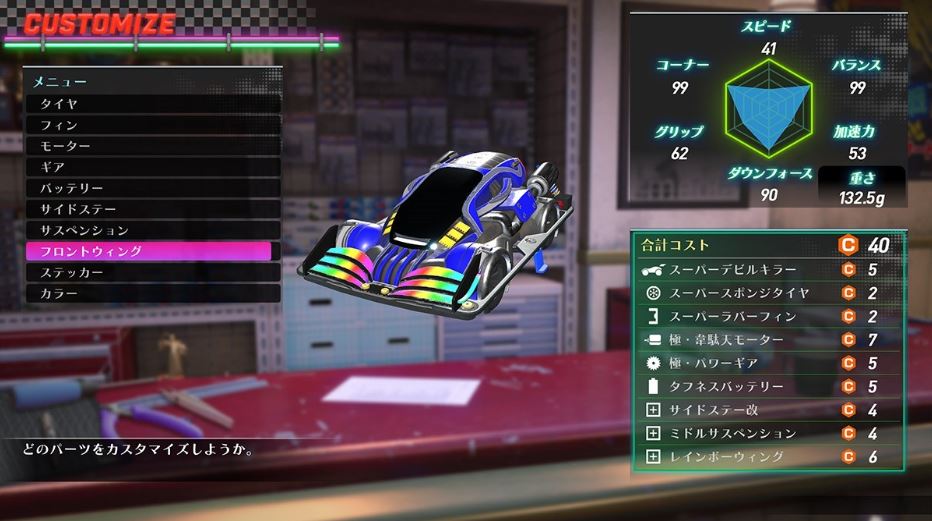
──So, you, the design team, and the programming team tend to dance to the same beat during the development process?
Horii:
Maybe “fight” to the same beat is a more accurate way to put it… (laughs). We try to speak our minds a lot as we discuss things. In the end, it doesn’t matter who said what first, as long as it contributes to the game becoming more entertaining. We accept opinions based on how good they are, not based on which team suggested them. On the other hand, we also make sure to “mercilessly” shut down poor ideas, so it boils down to having debates and “battles” in the interest of making a good game. So, we do fight, but in a healthy, productive way.
Chiba:
It’s important to fight things out properly, but also to get back on the same page.
──It must be difficult to choose what to adopt and what to scrap. Plus, if everyone were to vote on everything, this would slow down the decision-making process. Is it you who makes the final call?
Horii:
That’s right, I’m the one who takes care of that. There will always be cases where both proposal A and proposal B are good, and, of course, cases where there is no answer that everyone can agree on. When faced with these situations, I always consider what is best from the perspective of Like a Dragon’s players to make a decision.
──I’m sure being the decision-maker also comes with a lot of responsibility. Do you deal with feelings of indecisiveness in fear of making a mistake?
Horii:
Well, failure is always a part of creating something new. I try not to take it too seriously, because a developer always makes mistakes. When I fail, I simply apologize and move on. Rather, it’s what you do after a failure that matters, so that’s what I focus on. Before making a decision, I always think about a plan B in case I fail, so maybe that’s why I’m able to make decisions quickly and with relative ease. However, I never decide to do something if I have doubts about it or I don’t expect to be successful.
On the contrary, I used to feel more stressed in the past, when I was not in the position to make the calls. I remember many times where I knew something wouldn’t work out, but it was not my place to decide. But now that I am a director, that stress has disappeared, so I am enjoying myself very much, and I think that my current position suits me.
Everything starts with the scenario, and a clear message is the top priority
──I would like to ask you about the criteria for introducing new elements into the Like a Dragon series. Is there a standard based on which you select certain ideas?
Horii:
That’s… a hard question. Out of the many ideas proposed, the majority get scrapped, but… it’s difficult to explain. That brings up the question of why something like Sicko Snap got approved (laughs).
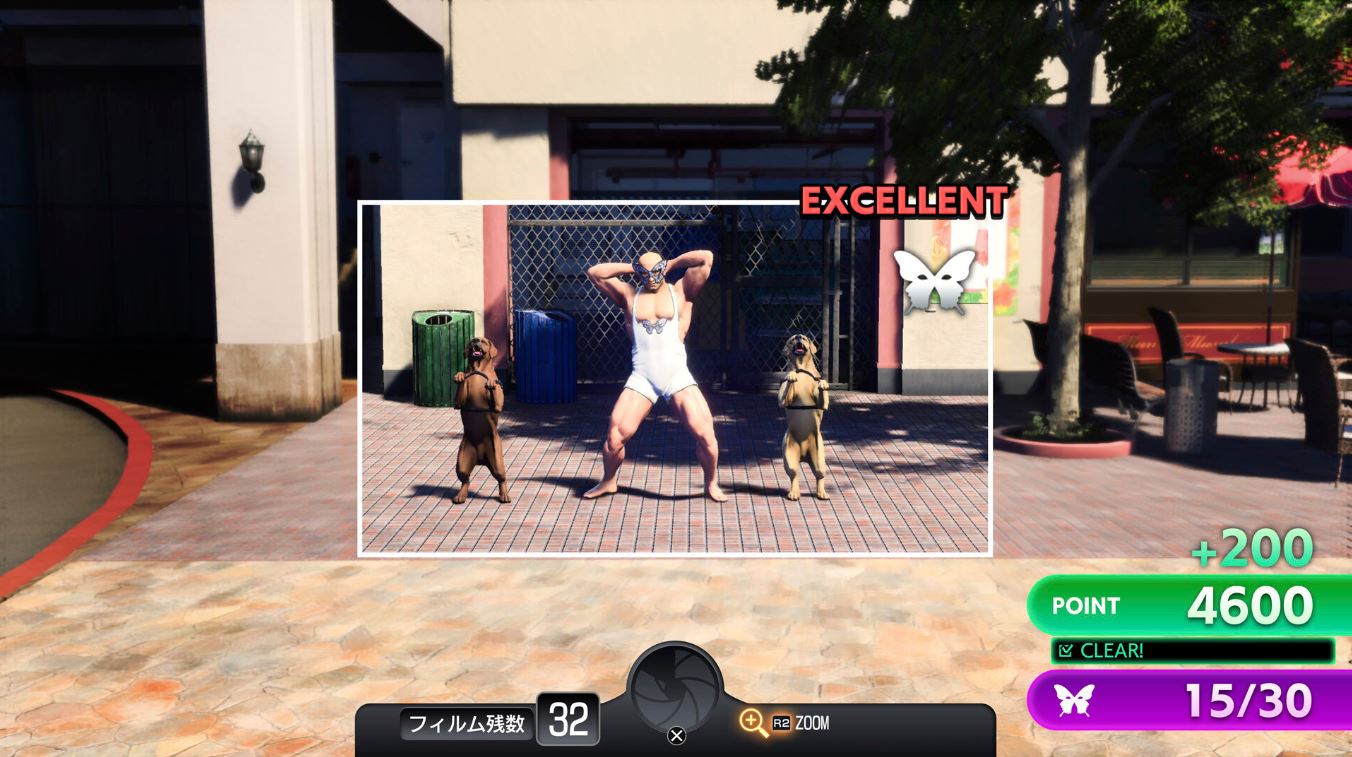
Chiba:
Out of all the proposals, why Sicko Snap? (laughs)
Horii:
I think the most important question is whether something has a clear message. Let’s look at Crazy Delivery as an example. All that’s needed to convey the point of the game is an image of Ichiban gleefully riding his bicycle, and an image of him delivering sushi. Similarly, for Sicko Snap, an image of someone taking a photograph of a “sicko” is all you need to understand what the game is about. I place importance on that kind of clarity.
I think that content which requires verbose explanations isn’t suitable for the Like a Dragon series, so I look for ideas that you can understand at a glance. For example, building an island with Mukku and Gachapin… wait, I guess that one’s not so obvious (laughs). Also, the same goes for substories. We get a lot of complex scenarios, but we usually reject them. What’s important is a clear message.
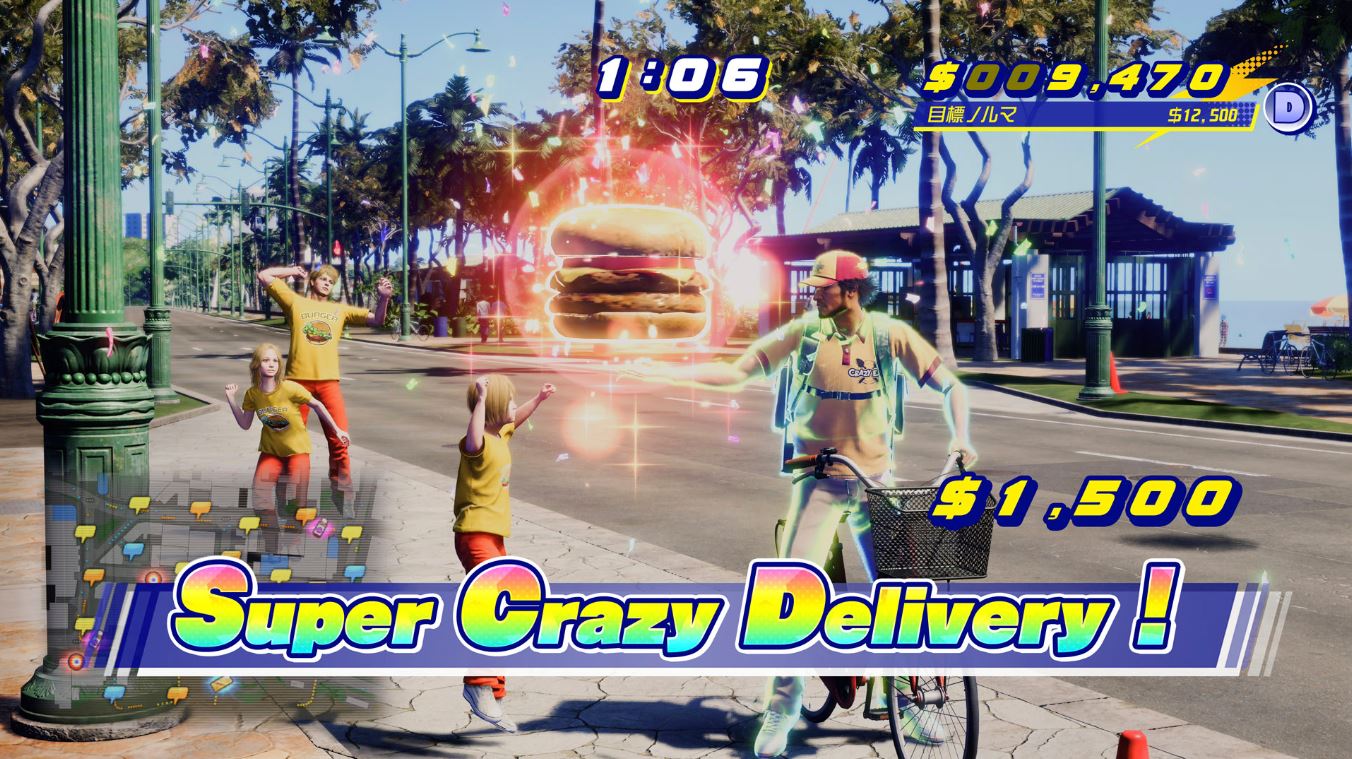
Chiba:
I think that anything that doesn’t mesh with the rest of the game or cannot be conveyed without explanation gets rejected outright.
Horii:
Some users don’t take the time to read all the substories and skip through them, and I think this kind of playstyle is valid too. Because of that, I try to make sure that players can still understand the story and empathize with the characters even if they play in such a way. There are also many users who are not used to playing video games, so we wanted to make sure that they don’t get lost. Also, Infinite Wealth’s main story requires a lot of concentration, so we were conscious of making the side content easy to enjoy even if you aren’t fully focused.
Basically, what I mean to say is, in our pursuit of clarity and catchiness, we ended up with middle-aged guys in diapers…
Chiba:
And they somehow end up making snow fall…(laughs). How did we even get here…?
──It’s, um, definitely a clear message.
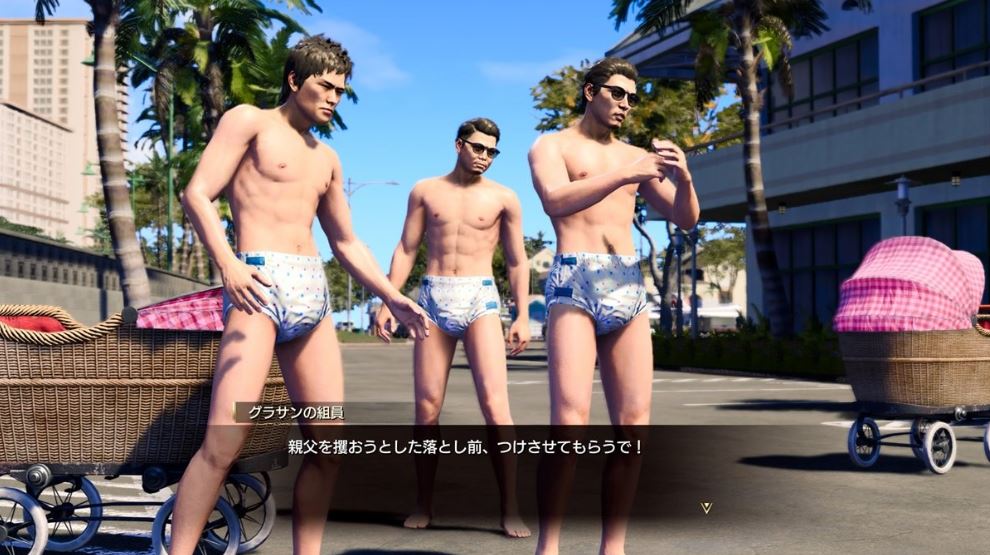
──Going back to a broader topic, what do you, as the planner, choose as the initial framework when making a new installment in the Like Dragon series? Which comes first: the gameplay, the locations or the scenario?
Horii:
The Like a Dragon series depends heavily on its main storyline, so the first step is to decide on the direction of the scenario. For Infinite Wealth, we wanted to depict a world after the dissolution of the Gokudo (Yakuza) – so we started by thinking about what the Gokudo would be doing and where. Based on this, we determined the overall direction and main themes and found a stage that matches everything. This is our way of doing things.
We did not take Infinite Wealth to Hawaii because it’s a popular tourist destination, but because it was a good overall match for the setting and story – with it becoming difficult for the Gokudo to live in Japan, Hawaii presents itself as a good hiding place for Japanese who have fled the country.
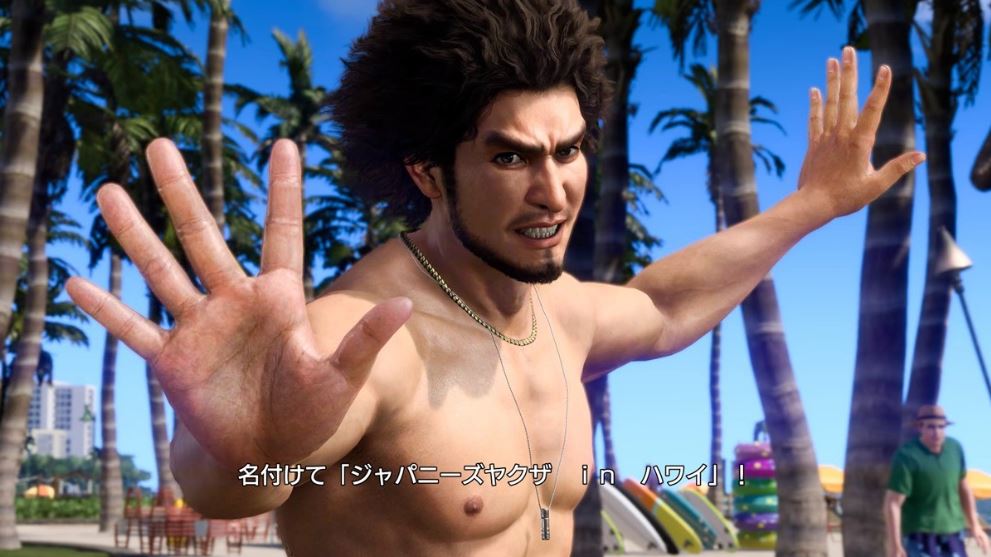
──Do you come across “clashes” between storyline and game design – in the sense of something being not-so-plausible story wise, but beneficial to the game’s entertainment value? Which do you prioritize in these situations?
Horii:
The scenario team is comprised of Yokoyama (Masayoshi Yokoyama, Director of Ryu Ga Gotoku Studio/Executive Producer), Furuta (Tsuyoshi Furuta, who has written many scripts for the series since Yakuza 5), Takeuchi (scriptwriter Kazunobu Takeuchi), me and others in the role of additional directors, and we consult with each other as we make the game. The team decides on the general framework of the story, but we also communicate gameplay-related concerns and things we want to implement as needed. It’s not rare to hear comments like “Who’s going to be on board with this kind of plot development?” while the scenario is in the works.
──So the game design is created by the same people who have a full grasp of the story, so there aren’t many deviations.
Horii:
That’s right. We discuss requests for the kind of game design and plot developments we want with the scenario team at an early stage. There are also times when we do it the other way around – the scenario team wants to depict something a certain way, so we build the game design around that.
──I heard that you are not only the chief director but also the producer of Infinite Wealth. You said that you love being a director because you can make decisions, but what did you think of the additional responsibility?
Horii:
The title of producer can encompass very different ways of working depending on the person. There are producers who specialize in thinking about how to sell the game without being hands-on at the development scene. On the other hand, there are producers who are familiar with the game’s contents as both a producer and director. With this in mind, I tried to just be myself and find a good balance whereby I can display my strengths without being constrained by the title of “producer.” That said, I consider my strengths to lie in game direction, so this of course ended up with me continuing to interfere with the game’s content, constantly pestering Chiba and the others like an annoying grandpa…
Chiba:
Please let us have our fun too. (laughs)
──We look forward to your future activities.
Like a Dragon: Infinite Wealth is available for the PC (Steam), PS4/PS5 and Xbox One/Xbox Series X|S. Stay tuned for the second part of this interview, in which we take a deep dive into the specific content created by Horii and Chiba.
[Writer, editor: Koutaro Sato]
[Interviewer, editor: Ayuo Kawase]
[Support: Nobuaki Shibuya]
[Translator: Mateja Matić]

